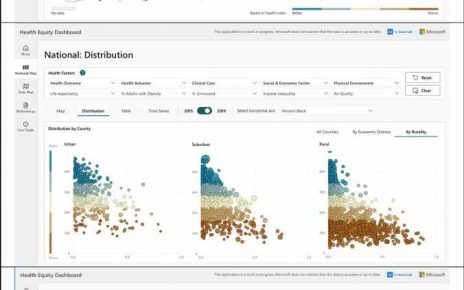A pharmacist-led intervention that involves use of a smartphone app with home monitoring significantly reduced medication errors, adverse events, and hospitalizations among kidney transplant patients, new findings show.
“To our knowledge, this is the first large, randomized controlled trial demonstrating an improvement in medication safety outcomes in organ transplantation using a mobile health–based technology coupled with a pharmacist-led intervention,” report Haley M. Gonzales, PharmD, the Medical University of South Carolina, Charleston, South Carolina, and colleagues in a study published online April 29 in the Clinical Journal of the American Society of Nephrology.
“From our results, we believe clinicians should consider integrating these technologies into established clinical treatment pathways to improve medication safety related outcomes,” they write.
The authors of an accompanying editorial note that the intervention is unique in its engagement of patients with providers.
“This study moves beyond other investigations, which have shown varying results on medication adherence, blood pressure control and post myocardial infarction outcomes using apps that only engage patients unilaterally,” write Wendy St. Peter, PharmD, the University of Minnesota, Minneapolis, Minnesota, and Timothy D. Aungst, Pharm D, the Massachusetts College of Pharmacy and Health Sciences, Boston, Massachusetts.
“This study adds to a growing understanding that improving important patient outcomes, such as medication adherence as well as reducing hospitalizations in transplant patients, requires a multi-faceted approach and two-way communication between patients and health providers promoting trusted therapeutic relationships,” they add.
Post-Transplant Medication Errors Common, Detrimental
Advances in immunosuppressive drugs have substantially decreased rates of acute rejection for kidney transplant patients. However, the regimens can be complex and have toxicities that commonly lead to nonadherence or medication errors.
According to recent research, two thirds of kidney transplant recipients experience medication errors. Among 1 in 8 of those patients, the errors lead to hospitalization.
Smartphone apps would seem to be an ideal solution. However, various challenges have prevented their integration in various medical settings.
The authors note that clinical pharmacists are expert in medication safety and are in an ideal position to facilitate an app-based intervention. They developed a pharmacist-led app intervention called TRANSAFE Rx for the management of kidney transplant patients.
To evaluate the intervention, they enrolled 136 kidney transplant patients who were 6 to 36 months post transplant. The mean age of the patients was 51 years; 57% were men, and 64% were Black.
The patients were randomly assigned to groups of 68 patients each to receive 12 months of either usual care or usual care plus the intervention. The intervention involved management and the monitoring of medications by a clinical pharmacist via the app. This management was integrated with risk-guided televisits and home-based blood pressure and glucose monitoring.
Reductions in Errors, Adverse Events Significant
Over the course of the 12 months, those in the intervention group demonstrated a 61% reduction in medication errors (risk rate [RR], 0.39; P < .001) and a 45% lower incidence of adverse events of grade 3 or higher (RR, 0.55; P = .048).
Importantly, the rate of hospitalizations was significantly lower among those who received the intervention in comparison with the usual-care group (RR, 0.46; P = .005).
“The key to the success of this intervention was likely the use of technology coupled with the pharmacist-led telemonitoring and management of patients,” the authors note.
“This intervention can be used at other centers, but both components are important to implement,” they note.
Mobile Health Technologies Integrated With Clinical Pharmacy
Using the intervention in conjunction with an HIPAA-compliant web-based portal, pharmacists could identify patients who were at high risk and set clinical interventions and follow-up telepharmacy visits accordingly.
Patients’ medication regimens were automatically updated from the electronic health record (EHR). The mobile app included timely medication reminders, automated messages triggered by missed doses or scheduled health monitoring, and surveys on patient side effects.
The pharmacists were able to respond to nonadherence alerts by sending messages to the patient and healthcare team and could update the EHR if necessary.
The encouraging findings underscore that “mobile health technologies have emerged as a new tool to supplement current health practices and improve outcomes,” senior author David J. Taber, PharmD, also of the Medical University of South Carolina, said in a press statement.
“It is paramount that we identify innovative strategies to help manage medication safety issues, and the integration of mobile health–based interventions and clinical pharmacist leadership represents a promising opportunity,” he said.
The editorialists note that key future steps in utilizing mobile apps involve evaluation of their cost-benefit profiles.
“We are eagerly awaiting the economic analysis that determines the return on investment for incorporation of these new approaches into value-based care of these patients,” they write.
The study received support from an Agency for Healthcare Research and Quality grant. Taber has disclosed no relevant financial relationships. Disclosures from other authors are detailed in the original article.
Clin J Am Soc Nephrol. Published online April 29, 2021. Abstract, Editorial
For more news, follow Medscape on Facebook, Twitter, Instagram, and YouTube.
Source: Read Full Article



